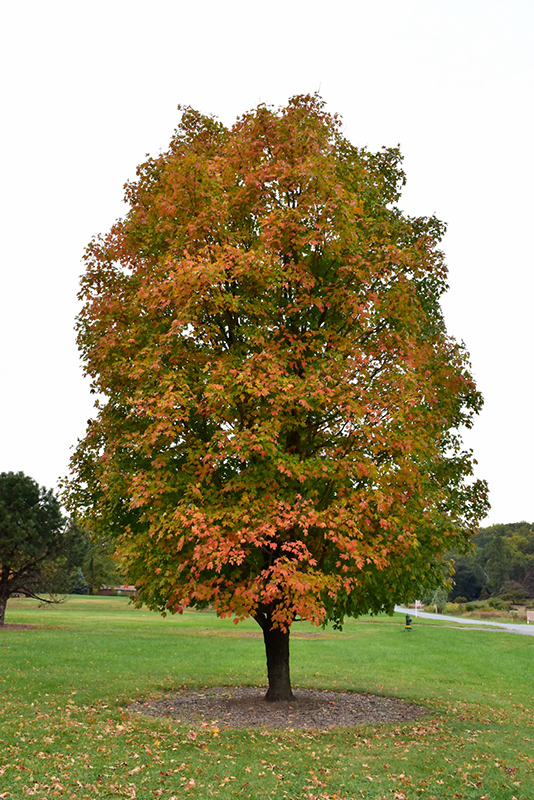

Red Maple trees are more tolerant of wet soil.

The Sugar Maple, by contrast, has just a few pointed tips on each lobe. However, Red Maple leaves are coarsely toothed. The leaves of the Sugar Maple and the Red Maple have a similar shape.Keys to identifying the Red Maple and differentiating it from other maples include its leaves, bark, growth habit, and habitat. Red Maple leaves can be distinguished from Striped Maple and Mountain Maple (both of which also have toothed leaf margins) by shape: Red Maple leaves are more deeply lobed than those of the Striped Maple and Mountain Maple. Trees of the Adirondacks: The leaves of Sugar Maple and Red Maple have a similar shape. The canker reportedly can persist for many years without killing its host.

Scientific name for sugar maple leaf crack#
Red Maples can become infected by "target canker." This is a fungus which causes the bark to crack in concentric circles, forming bullseye-shaped raised plates that look like a target. The plate-like strips remain fastened in the center, but can occasionally curl outward on one or both ends. On older and larger trees, the vertical cracks form multiple layers of long, vertical plates. It darkens, and eventually vertical cracks develop. As the tree ages, the texture and color of the bark changes. In color, it is usually light ash-gray, almost silver. This means that for Red Maple, as for many other trees, bark is not a particularly useful characteristic to rely on for distinguishing Red Maple from other trees, such as Sugar Maple, which have somewhat similar bark. Like many other trees, the bark of Red Maples changes as the tree matures. Red Maple ( Acer rubrum) on the Barnum Brook Trail (28 July 2012). Trees of the Adirondacks: The bark of the Red Maple is smooth and light gray when the tree is young, becoming furrowed and scaly at maturity. When mature, the leaves are dull green and smooth above, lighter green or silvery beneath and more or less hairy.The margins of the leaf are toothed Toothed: Leaves which have a saw-toothed edge.The notches or dips between the lobes are V-shaped.The tips of the lobes are narrowly pointed. Lobed leaves are leaves with distinct protrusions, either rounded or pointed., sometimes with two additional smaller lobes near the base of the leaf. Red Maple leaves generally have three major lobes Lobe: A projection from an edge of a plant structure (such as a leaf), larger than a tooth.The leaves are opposite Opposite Leaves: Leaves occurring in pairs at a node, with one leaf on either side of the stem. Simple Leaf: A leaf with a single undivided blade, as opposed to a compound leaf, which is one that is divided to the midrib, with distinct, expanded portions called leaflets., meaning that each leaf has a single blade. Reds Maple leaves are simple Simple Leaf: A leaf with a single undivided blade, as opposed to a compound leaf, which is one that is divided to the midrib, with distinct, expanded portions called leaflets. The twigs and buds of Red Maple trees are reddish. This species grows 30 to 90 feet tall and up to 4 feet in diameter. Like other maples, the branches of Red Maples are meaning that the branches are directly across, or opposite, each from other. Red Maple trees have an erect, single trunk. Red Maple ( Acer rubrum) on the Barnum Brook Trail (28 July 2012). The dips between the lobes are also pointy, forming a sharp “v”. Trees of the Adirondacks: Red Maple leaves have three distinctive lobes, all with sharply pointed teeth.


 0 kommentar(er)
0 kommentar(er)
